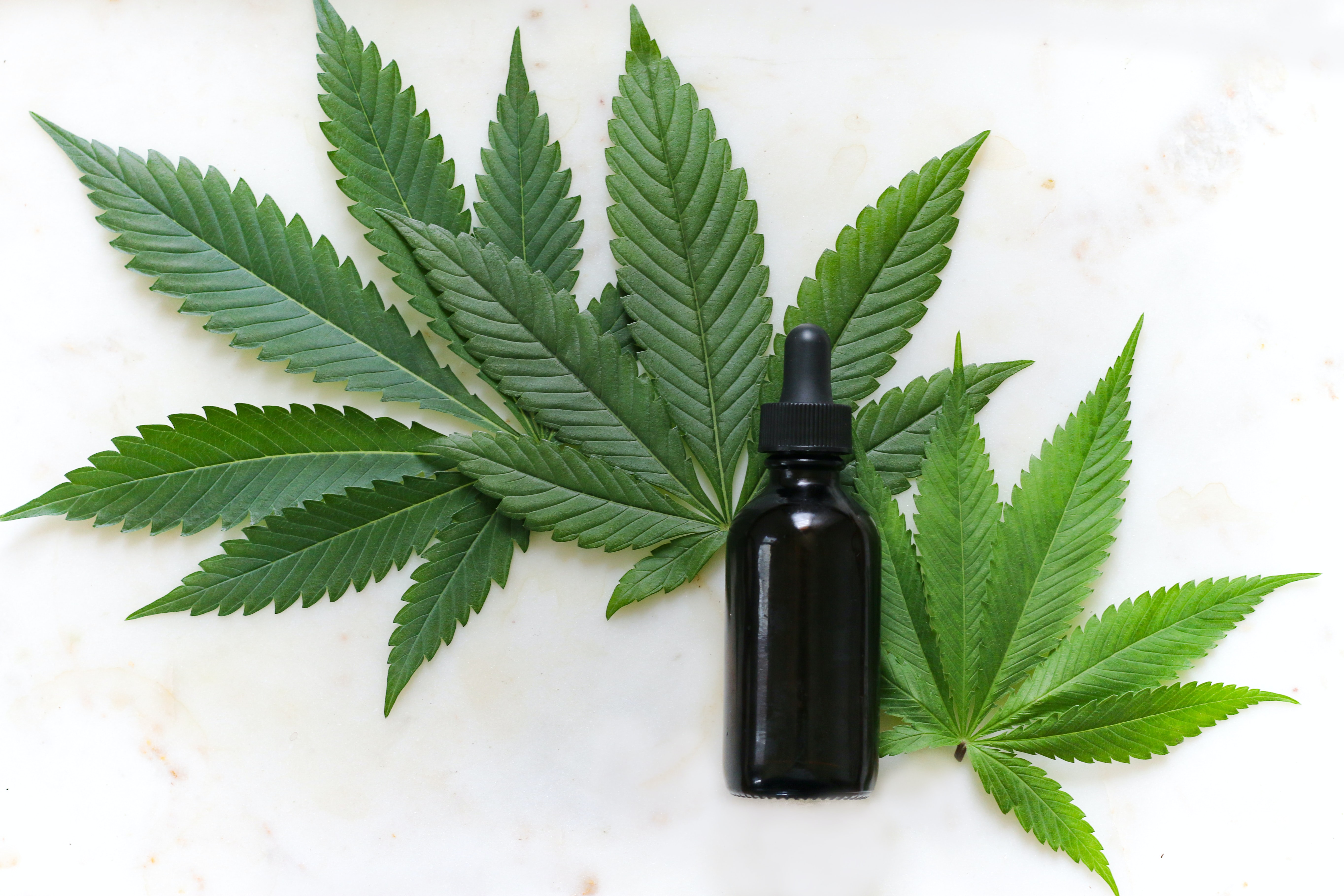Will the UN’s new cannabis classification change the world?
Medical Pharmaceutical Translations • Dec 14, 2020 12:00:00 AM

On December 2, the UN made a landmark decision to reschedule marijuana on its drug classification list. For decades, it had been classified as a Schedule IV substance – that is, among the most dangerous drugs, alongside the likes of heroin and cocaine. Now, this is no longer the case.
In some ways, the change feels expected. Over the past few years, marijuana laws have become less restrictive in a number of countries, including the US, where the drug was legalized in four more states in the 2020 elections (Some experts believe the change may soon occur on a federal level, as well).
On an international level, last year, the World Health Organization suggested removing cannabis from the Schedule IV list.
Cannabis, also known as marijuana, among many other monikers, has been around since ancient times. The hemp plant from which it’s derived grows in most parts of the world. For centuries, Western cultures only used this plant for making rope and cloth. Other cultures and regions did know about its mind-altering properties, however.
It wasn’t until the 1830’s that they were revealed to Europe and North America by Scottish doctor W. B. O'Shaughnessy, who’d studied its medical use and effects in India. Marijuana was used as medicine as well as recreationally in some of these new places. But in the 20th century, it started to be perceived as dangerous and became illegal in countries around the world.
With its long history and widespread use, what caused marijuana to suddenly be considered a dangerous drug?
The answer involves knowledge of many countries’ and cultures’ histories, but one very interesting theory is that the drug may have garnered so many names because it wasn’t always the relatively uniform substance we know today. For example, some cannabis taken in the Middle East may have been mixed with opium. That cannabis could have been a combination of drugs could be the reason for a number of known reports from the late 19th century where crazed criminals are said to be under the influence of cannabis. The effects of cannabis today are generally considered peaceful, not the murderous energy that drugs like PCP might provoke.
Whether or not this is true, and whether or not, at least in some places, issues like racism and socioeconomic prejudice also played into vilifying the drug, it’s clear that the perception of marijuana changed dramatically…and is currently changing again.
The reasons for this recent change are complex and varied, depending on different countries and cultures. For instance, research shows that a decrease in religious affiliation among the US population, as well as positive media portrayals of pot have shifted the American public’s opinion. Or take France, on the other hand; there, in addition to these factors, there’s also a political and practical element.
Still, the shift hasn’t happened everywhere. The UN’s rescheduling of marijuana isn’t an international law, but rather a guideline, so what to do with that depends on each country’s government. For instance, a number of nations, including China and Russia, voted against the rescheduling.
You might wonder why this issue matters so much. Legalizing marijuana has a number of positive implications, notably when it comes to healthcare. The most obvious consequence is access to medical marijuana. Today, many countries forbid the use of medical marijuana or severely restrict it. Changing perceptions of this ancient substance -not to mention, as this New York Times article points out, the persuasive power of the money that could be made from its legal growth and sale – could change that, making life better for millions of patients with serious, chronic conditions like cancer and AIDS.
Legalizing marijuana would also make the substance easier to use for medical research. That research could lead to improved treatments for managing pain, nausea, anxiety, and a number of other physical and mental health symptoms.
It will be interesting to see how the changing status and perception of marijuana will affect countries around the world – and if cannabis’s turbulent recent history will repeat itself, with another pendulum swing.
Contact Our Writer – Alysa Salzberg
